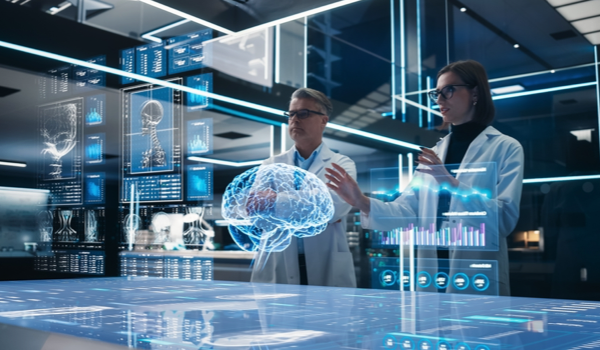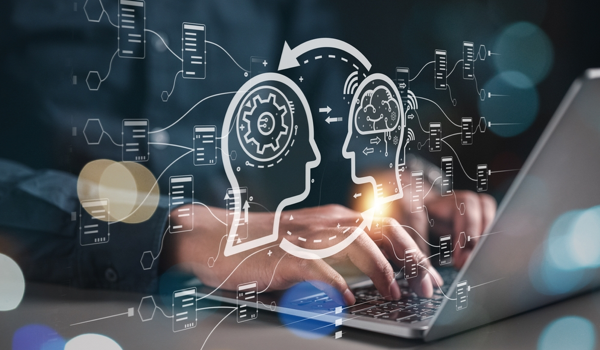


LAHORE, PAKISTAN - Emerging new technology increases its impact on the global population on an almost daily basis.
At the forefront of the latest high-tech advancements in scientific methodology is artificial intelligence (AI). AI broadly refers to computing technologies that resemble processes associated with human intelligence, such as reasoning, learning and adaptation, and sensory understanding.
A machine’s ability to perform tasks previously done by humans has revolutionized the medical sector in computer science, robotics, healthcare, and diagnostics. Efforts to unite these fields of research and make new technologies are now growing.
AI works in different ways, drawing on principles and tools, including mathematics and biology. An important feature of AI technology is how it makes sense of varied data, such as natural language text and images. Machine learning (ML) has been the most successful type of AI and is the underlying approach of many applications currently in use. Rather than following pre-programmed instructions, ML allows systems to discover patterns and derive its own rules when it is presented with new data. AI is used by doctors, nurses, paramedical staff, pharmacists, diagnosticians, microbiologists, and physiotherapists. Its impact in the medical field is vast and has contributed a great deal to diagnostics, treatment, robotics, equipment, and surgery.
AI holds the potential to be utilized in planning and resource allocation in health and social care services. It matches patients with caregivers that meet their needs, within their allocated care budget. It designs individual care plans and offers a way forward for a more effective use of care management resources. AI is also being used to improve patient experience. Some hospitals in Liverpool are working with AI companies to create a cognitive hospital, which will include an application to facilitate interaction with patients. The appl
The content herein is subject to copyright by The Yuan. All rights reserved. The content of the services is owned or licensed to The Yuan. Such content from The Yuan may be shared and reprinted but must clearly identify The Yuan as its original source. Content from a third-party copyright holder identified in the copyright notice contained in such third party’s content appearing in The Yuan must likewise be clearly labeled as such. Continue with Linkedin
Continue with Linkedin
 Continue with Google
Continue with Google







 2180 views
2180 views










